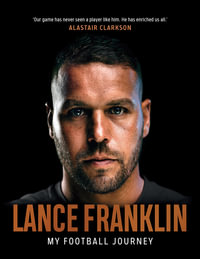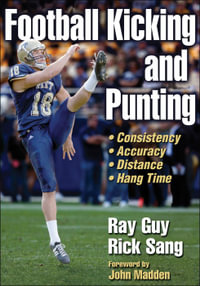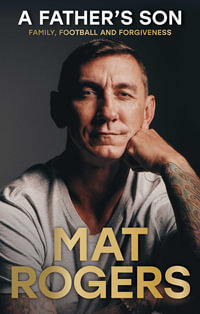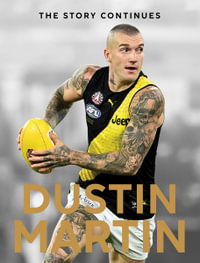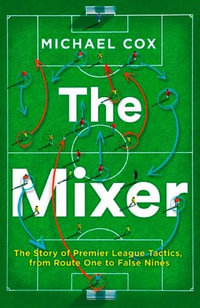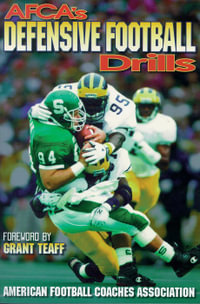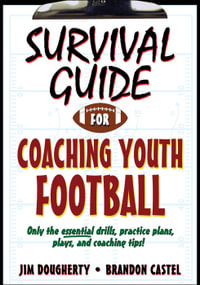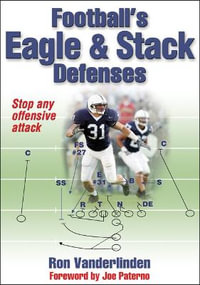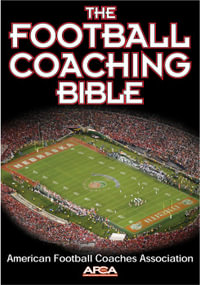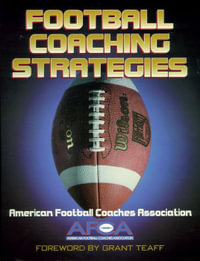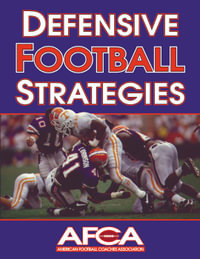"This is an intelligently-argued book. If you thought football stands were full of middle-class Hornby-ites congratulating each other on their second car and their commuter-belt homes, then think again. Armstrong makes it clear that hooliganism is still going strong." --Total Football
"An intelligently-argued book." --
Planet Football "[Armstrong's] conclusions synthesize and expand other explanations; the result is a more holistic, informed interpretation.. . . The monograph's selection for a Guggenheim Foundation Award for Studies on Aggression and Violence attests to its thoroughness and the importance of this perspective. The descriptions and analysis are skilfully crafted. Armstrong's blending of empirical data and theoretical interpretations raise the debate on hooliganism and will provoke further study." --
International Review for the Sociology of Sports "Armstrong is fascinating on the games-playing and ritualistic nature of hooligan confrontations... There's a huge amount of interesting material... Armstrong has a clean, clear style." --
The Independent "Should become a much-quoted reference within contemporary ethnographic work. For sociologists of sport the book is essential, particularly in view of the growing importance of ethnographic research within this sub-field of sociology. [...] Football Hooligans is an important book. It provides a very readable account of the football hooligan subculture that will have an appeal beyond academia." --
Culture, Sport, Society "A refreshing effort to account for an important social movement with straightforward language and reasoning. . . The methodology, the important if unfamiliar content, and overall sound approach make the book significant for American readers." --
Choice "There's a great book out now called Football Hooligans: Knowing the Score by Gary Armstrong. I tend to run a mile from academics who write on that subject, but this one was recommended to me by an authority and it's head and shoulders above the rest. It's refreshingly free from the middle-class moralising and patronising attitude towards the hoolies that permeates most of those studies. Most of all, it has no social control agenda and it deconstructs a lot of the bullshit about football firms which has developed as theory. I recommend it strongly." --
Irvine Welsh, author of Trainspotting "What lifts [Football Hooligans] out of the ordinary is Armstrong's writing style which . . . . is lucid, unsensational, and mercifully free of that combination of glee and fevered self-justification which is a traditional feature when such accounts are penned by the (now reformed) participants." --
Harry Pearson, When Saturday Comes "A fascinating read. . . .Armstrong is fascinating on the games-playing and ritualistic nature of hooligan confrontations.. . . Hooligans used to like a bit of attention, a record of their brave deeds. In Armstrong, one crew, at least, found their very own anthropologist, the Boswell of the Blades." --
Chris Maume, The Independent "This book makes important contributions not only to an emerging anthropology of sport but to the discipline as a whole." --
Social Anthropology "Of particular inerest to people involved with Sheffield United or the study of football hooliganism ....debunks the myth....that football hooliganism is organised and orchestrated by 'generals'." --
Flashing Blade "A must for those interested in working-class male culture, football, and of course hooliganism." --
American Anthropologist "A rarity in that it caters both for the general and the specialist reader, and, perhaps more important, is a clear labour of love ... It is a well-researched, well-written volume." --
Times Higher Education Supplement

